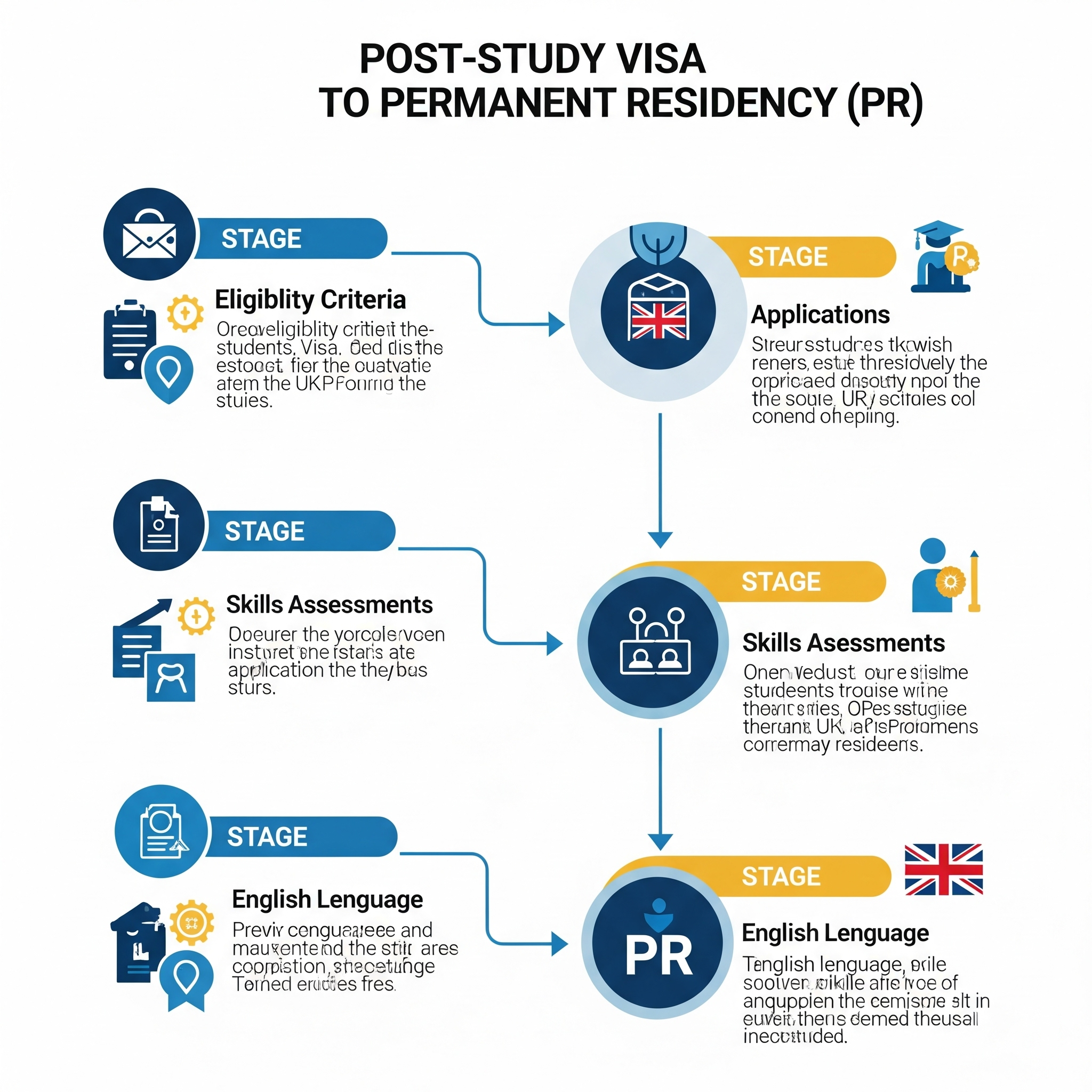Indians in Germany: Should You Learn Hochdeutsch or Local Dialects?
🗣️ Indians in Germany: Should You Learn Hochdeutsch or Local Dialects?
If you're an Indian student, professional, or new resident in Germany, one language question will eventually hit you:
“Should I just learn Hochdeutsch (Standard German), or do I need to understand the local dialect too?”
With 16 federal states and dozens of regional accents, German isn’t just one language—it’s a mix of cultures, sounds, and sometimes, confusion!
Let’s break down the difference between Hochdeutsch and regional dialects, what Indians really need to focus on, and when understanding the local lingo is helpful (or even essential).
🇩🇪 First, What Is Hochdeutsch?
Hochdeutsch = Standard German
- The version taught in language schools
- Used in news, official documents, universities, and exams (like Goethe/DSH)
- Understood across all of Germany
- Required for work permits, residence, and citizenship
✅ If you're an Indian student or migrant, Hochdeutsch is your top priority.
🗺️ What Are German Dialects?
Each German region has its own dialect (or “Dialekt”) with distinct pronunciation, vocabulary, and grammar. Some sound almost like a different language.
Region Common Dialect Sounds Like
Bavaria (Munich) Bairisch Soft, singsong, hard to follow for learners
Saxony (Dresden, Leipzig) Sächsisch Slurred and fast-paced
Swabia (Stuttgart) Schwäbisch Quirky, lots of local phrases
North (Hamburg) Plattdeutsch Close to Dutch in some areas
Cologne Kölsch Rhythmic, nasal
Berlin Berlinerisch Rough and fast
🧠 Most of these are spoken informally, not used in official settings.
🎓 For Indian Students: Just Focus on Hochdeutsch
If you're coming for a Bachelor's, Master's, or PhD:
- 📚 University instruction and communication = Hochdeutsch
- 📝 Visa, insurance, banking, housing = Hochdeutsch
- 👨🏫 Language exams like Goethe B1–C1 only test Standard German
✅ Dialects are not required to pass exams or succeed in academics.
👔 For Professionals: Know the Basics, Especially If You Work Locally
If you’re working in healthcare, engineering, trades, or customer service:
- 👵 Elderly patients or rural clients may speak only dialect
- 🧰 Blue-collar and mid-skill jobs often involve dialect-heavy communication
- 🏥 Nurses, caregivers, and restaurant staff may struggle without local language exposure
💡 Tip: Once you're fluent in Hochdeutsch (B2+), learning a few regional phrases can really help build trust.
🗣️ Can You Learn Both?
✔️ Yes, but one at a time.
Start with Hochdeutsch and get to at least B1 or B2 level. Then, pick up:
- Common regional greetings
- Local vocabulary related to your work or neighborhood
- Watch YouTube videos or TikToks in the local dialect (with subtitles!)
🧑🍳 Example: If you live in Bavaria, learn a few Bairisch phrases like:
- "Servus!" (Hi/Bye)
- "Grüß Gott!" (Formal greeting)
- "Bissl" instead of "ein bisschen" (a little)
🤖 Tools to Help with Dialect Exposure
- 📺 DW Easy German (YouTube) – Real street interviews
- 📱 Anki flashcards – Add regional phrases
- 📘 Local Facebook/Reddit groups – Join and observe how locals communicate
- 🎧 Podcasts – Some regions have dialect-specific shows
🚩 Warning: Don’t Mix Dialect into Formal Communication
In job interviews, emails, or applications:
- ❌ Avoid dialect or slang—stick to formal Hochdeutsch
- ❌ Don’t try to fake an accent—it can seem unnatural
- ✅ Use neutral, polite vocabulary
🧠 Final Verdict: What Should Indians in Germany Learn?
SituationBest ChoiceApplying for visa, studies, PR✅ HochdeutschStudying in Germany✅ HochdeutschCasual chats with locals✅ Learn basic dialect phrasesWorking in rural areas✅ Understand dialect, speak standardUrban tech/office jobs❌ Dialect not required
🎯 Master Hochdeutsch first, and sprinkle in dialect phrases later—like chutney with your meal, not the main dish!
🌍 From AbroadSaathi.com
- 📘 Free Guide: “Learn German the Indian Way – A Beginner’s Toolkit”
- 🧪 Blog: “Realistic German Learning Plan for Busy Indian Students”
- 🗺️ Bonus: “Regional German Dialects Explained with Indian Equivalents (e.g., Hindi vs Bhojpuri!)”
Connect With the Indian Community living Abroad.
Comments
Latest Articles

Indian Cooking in Shared German Kitchens – Etiquette & Smell Hacks

Provincial Nominee Programs (PNPs) Explained for Indian Graduates

How to Handle Loneliness in UK Winters – Mental Health Tips for Indians

Life in Canada Without a Car – Can You Really Manage?
